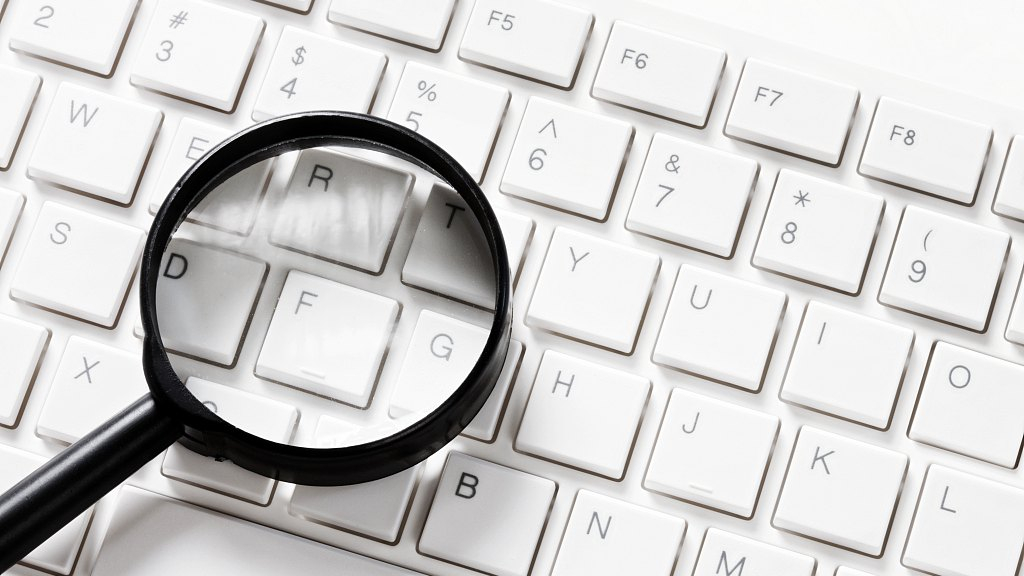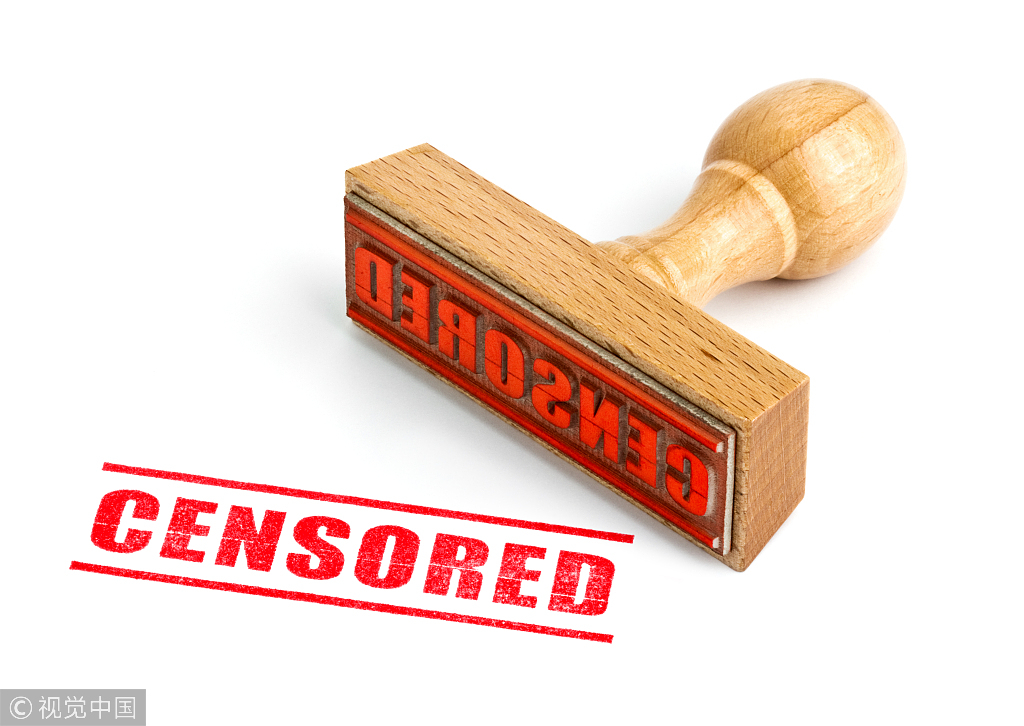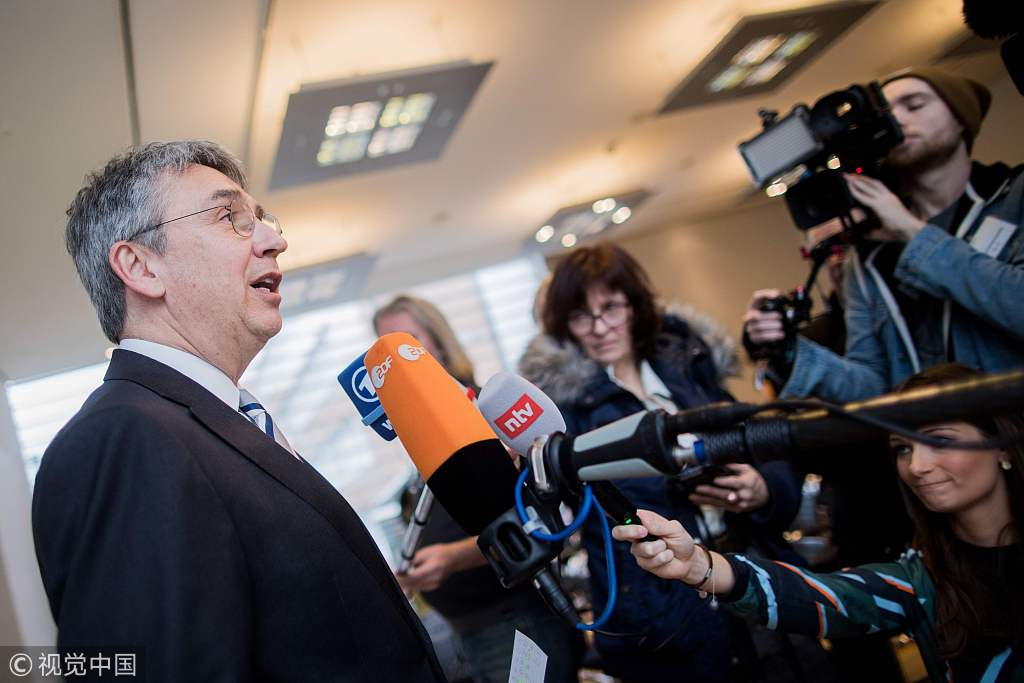
Opinion
20:25, 10-Feb-2019
Opinion: Scrutiny and censorship: Two sides of the same coin?
Nancy Liu

Editor's note: Nancy Liu is an assistant professor in Translation & Interpreting at the School of English Studies, University of Nottingham Ningbo China. The article reflects the author's opinion, and not necessarily the views of CGTN.
In Australia, with the 2019 Federal Election underway in May, headlines surrounding the election campaigns dominate the Sydney Morning Herald (SMH), one of the most influential papers in Australia. There is an article published under the title “Warning WeChat could spread Chinese propaganda during the federal election” on January 28, 2019. This article listed the concerns that Australia may have over the possible controls over WeChat by Beijing.
It says, “Security experts warn Beijing could spread propaganda in the lead-up to the federal election through popular social messaging service WeChat which is facing less government scrutiny than U.S. tech giants such as Facebook and Twitter.” It prompted an interesting question as to what is the difference between scrutiny and censorship.
Censorship is not a new term in the Chinese context, where the contents of most social media are filtered or monitored by the state for various reasons. Comparatively speaking, the practice of scrutiny from the old democracy is less known to the general public. In this connection, I'd like to share a few words on this point.
The term censorship is seen as a set of concrete measures carried out by some authorities or organizations. According to Dr. Siobhan Brownlie at the University of Manchester, there are three types of censorship: public censorship, structural censorship, and self-censorship.

VCG Photo
VCG Photo
Public censorship is imposed by public authorities by virtue of explicit laws, mostly in banning of works. It is also referred to as pre-publication censorship or licensing; structural censorship proposed by French sociologist Pierre Bourdieu constitutes censorship in the form of control on discourse without explicit laws, consisting of dominated positions in which people are silenced; self-censorship refers to the situation where one censors his/her own work voluntarily before publication in order to get approval.
Although the term often carries a bad reputation against the instinct that all opinions have the right to be voiced, its proponents insist that censorship is unavoidable, irrespective of the given socio-political context and is regarded as an integral element of communication.
Looking into scrutiny, social media giants such as Facebook are already under investigation in the U.S. and UK, following revelations that it shared private data of more than 87 million users with Cambridge Analytica, the political data analytics firm linked to the 2016 presidential campaign of Donald Trump.
It was fined 500,000 pounds by the UK's data protection watchdog. Its merger of Messenger, Instagram, and WhatsApp has caused some concerns over the possibility of manipulating data, drawing the scrutiny of European data watchdogs and has been questioned by the Irish Data Protection Commission.
The revelation that Silicon Valley's tech titans such as Facebook and Google offered adults and teens gift cards for installing apps that would let the companies collect data on their smartphones has incurred scrutiny over apps that collected data.

Andreas Mundt, President of the Federal Cartel Office, speaks during a press conference on the investigation by the German competition authorities for abuse of a dominant position by Facebook in Bonn, Germany, on February 7, 2019. /VCG Photo
Andreas Mundt, President of the Federal Cartel Office, speaks during a press conference on the investigation by the German competition authorities for abuse of a dominant position by Facebook in Bonn, Germany, on February 7, 2019. /VCG Photo
TechCrunch reported that, since 2016, Facebook has been paying users — some as young as 13 years old — up to 20 U.S. dollars a month to install an app called Facebook Research. The app could give Facebook access to private messages, photos, videos, emails, web searches and browsing activity. This is not the first time Facebook has been accused of going to extreme lengths to get user data. In 2013, it bought a company called Onavo and allegedly used the Onavo app to get more information about WhatsApp, a competing messaging platform that Facebook ultimately bought for 19 billion U.S. dollars.
Therefore, Facebook, the world's largest social media platform, is under congressional scrutiny over data sharing practices. It is facing increased calls for government regulation and investigation after the disclosures that it shared private user data with third-party companies. This is very much the version of structural censorship in practice.
Twitter, too, intensified its crackdown on fake and automated accounts and began removing suspicious accounts from users' followers to give a "meaningful and accurate" view of follower count. Facebook, Twitter, and Google have all established a mechanism in order to crack down on fake news and phony information. These platforms will report to the EU concerning the accounts of fake news senders intercepted or closed, or how to increase the transparency of political campaigns on the Internet. These are very much classical examples of self-censorship.
In India, following government warnings, WhatsApp recently named a grievance officer for India and announced the appointment of an India head -- a first for the country that accounts for most users across the world. It has launched a label that identifies forwarded messages and barred forwarding of messages to more than five people at one go.
So it seems that while censorship of social media is more concerned with filtering the content before being published, scrutiny may entail more serious consequences, which are imposed by the government's or organization's activities of either heavy fines or legal charges. They are different terms with similar functions.
(If you want to contribute and have specific expertise, please contact us at opinions@cgtn.com)

SITEMAP
Copyright © 2018 CGTN. Beijing ICP prepared NO.16065310-3
Copyright © 2018 CGTN. Beijing ICP prepared NO.16065310-3